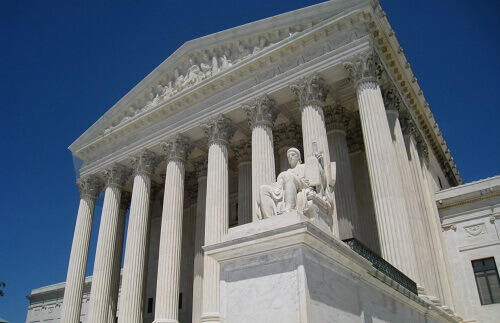PASPA, Professional and Amateur Sports Protection Act, is the federal law here in the United States that prevents states from offering sports betting to their citizens. There are only four states that are currently exempt from PASPA because they were already offering legal sports betting when the act was put into place. However, the Supreme Court will hear a challenge from New Jersey, but legal experts are unsure how it will end.

New Jersey Challenges PASPA
New Jersey decided to challenge the PASPA, and the Supreme Court agreed to hear the state’s case. New Jersey claims that the act violates the constitution but legal experts are still not certain how the case will end. Experts on the case have recently stated that the outcome is still a complete mystery and could go either way.
One law professor even went so far as to say that he would not put money on the case, even if he legally could. It will be very interesting to see how the Supreme Court rules on the PASPA challenge. Numerous states around the country have started to put legislation into place to legalize sports betting, should New Jersey be victorious.
PASPA Hearing Soon, Decision in 2018
New Jersey is claiming that PASPA violates the Tenth Amendment of the United States Constitution. Essentially the tenth amendment says that states are free to govern their own people, provided they do not allow something that is not permitted in the United States.
In some ways, it certainly seems like New Jersey has a point. However, the Supreme Court could still rule either way. It is entirely possible that it will disagree with the state and decide to uphold PASPA. There are those that believe it is more likely that the Supreme Court will rule the PASPA is unconstitutional. This will then allow states to decide for themselves if they want to legalize sports betting.
The hearing on the case is expected to hear the case this coming fall, with a decision only likely to be reached in 2018.





